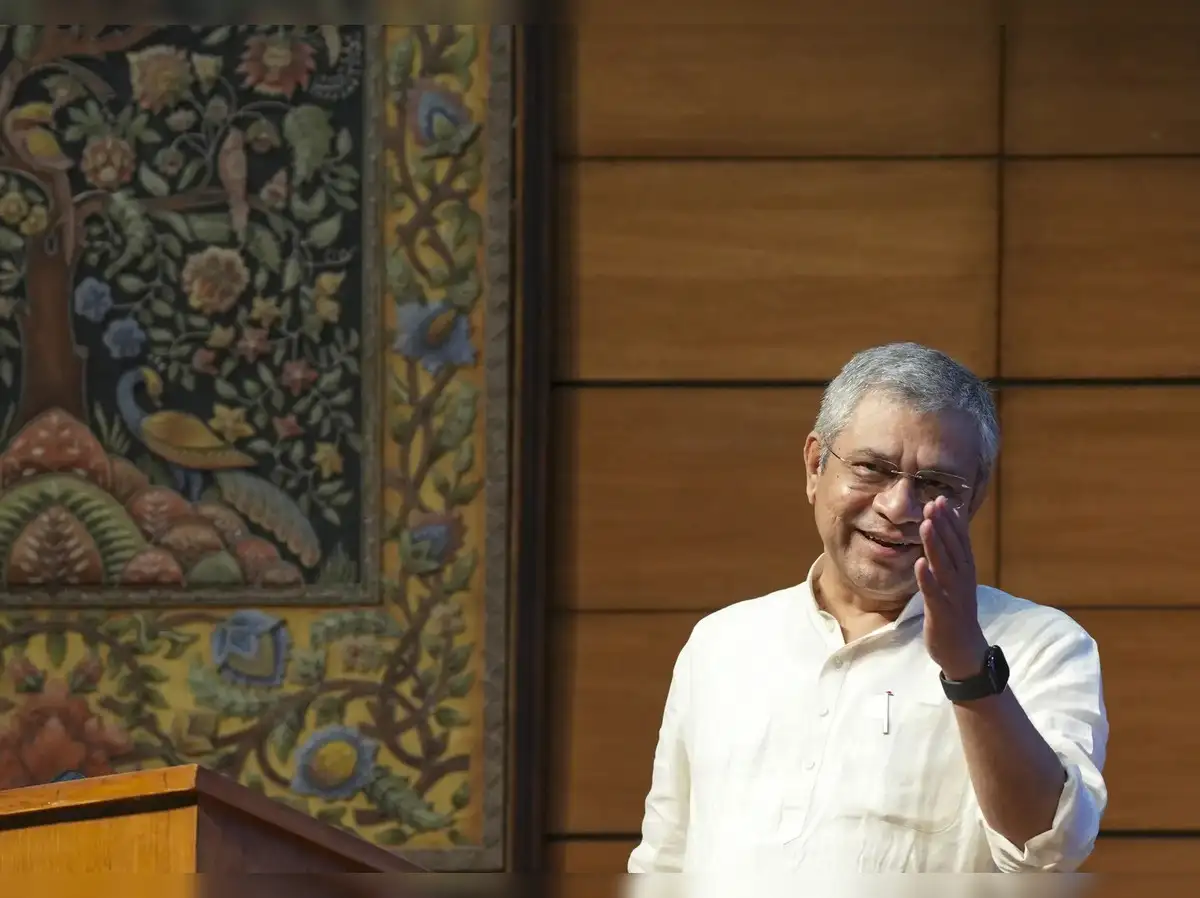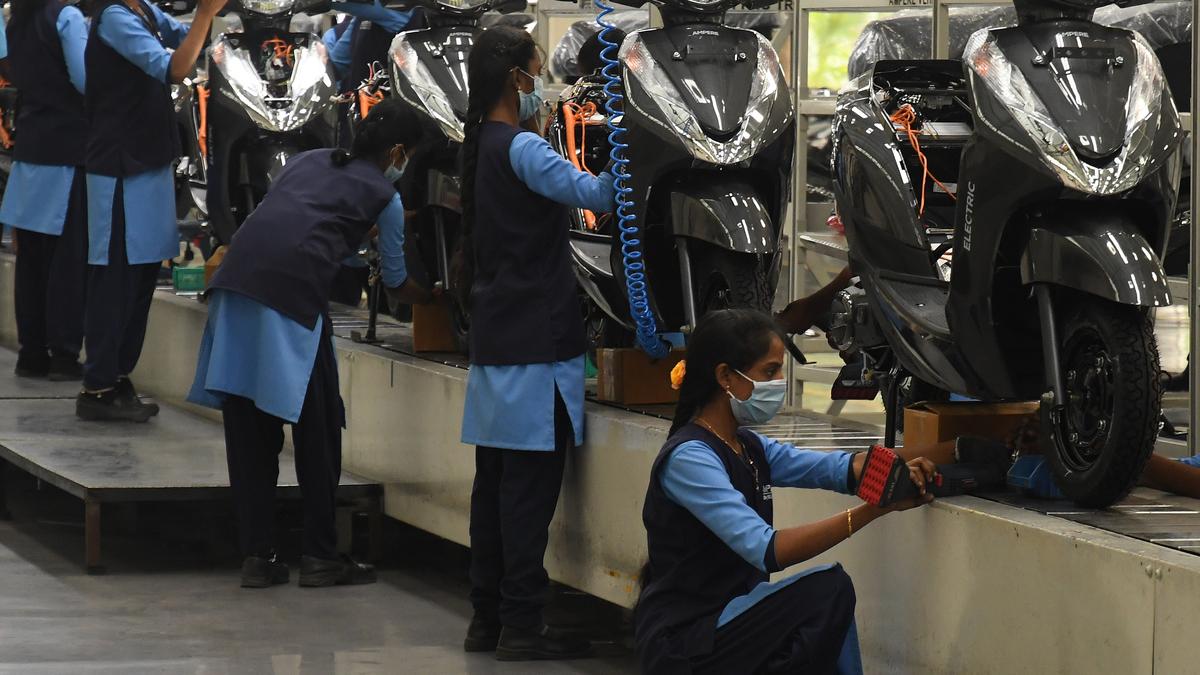Zoom CEO Backs Jensen Huang, Bill Gates’ Prediction Of A 3-Day Work Week: ‘Why Do We Need To Work For Five Days A Week?’

Zoom Communications Inc. ZM CEO Eric Yuan has suggested a future where employees might work only three days a week, thanks to advancements in AI technology.
‘Why Do We Need To Work For Five Days A Week?’
Yuan shared his views in a recent interview with The New York Times, stating, “I feel like if AI can make all of our lives better, why do we need to work for five days a week?” He believes that AI could eventually lead to companies supporting shorter workweeks, freeing up time for employees.
Other tech leaders, including Microsoft Corp. MSFT cofounder Bill Gates and Nvidia Corp. NVDA CEO Jensen Huang, also foresee a reduction in workdays due to AI. Gates mentioned on The Tonight Show that AI’s rapid innovation might eliminate the need for humans in most tasks within the next decade.
“What will jobs be like? Should we just work like 2 or 3 days a week?” Gates said.
Better Work-Life Balance?
Meanwhile, JPMorgan Chase CEO Jamie Dimon predicted that AI could enhance work-life balance, although it might replace some jobs. Dimon noted in a 2023 interview with Bloomberg that technology could lead to a future where people work only three and a half days a week.
“Your children are going to live to 100 and not have cancer because of technology. And literally they’ll probably be working 3 and a half days a week,” Dimon said.
See Also: How Ride-Hailing Platforms Could Be The Real Winners Of The Autonomous Driving Push
Despite the potential for shorter workweeks, Yuan acknowledged that some jobs might be lost due to AI, but new opportunities could arise, similar to past technological shifts.
From 4 To 3-Day Work Weeks
The notion of a reduced workweek is not new to Yuan. In September 2024, he predicted that AI could enable a four-day workweek within the next two decades. He envisioned AI-driven “digital twins” that could handle routine tasks, allowing employees more personal time.
Huang also shared similar views in August, suggesting that AI could lead to four-day workweeks. However, he warned that workers might paradoxically become busier as AI accelerates business processes and idea generation.
Read Next:
Trump’s H-1B Visa Plan Stuns Big Tech, White House Says $100,000 Fee Is One-Time Only
Disclaimer: This content was partially produced with the help of AI tools and was reviewed and published by Benzinga editors.
Photo courtesy: Shutterstock



